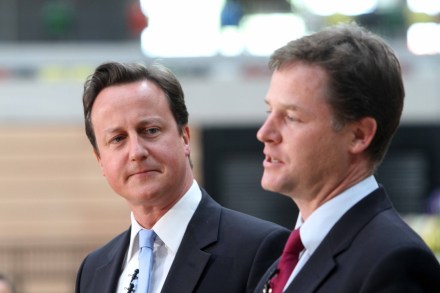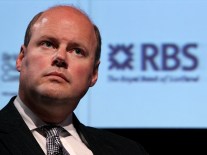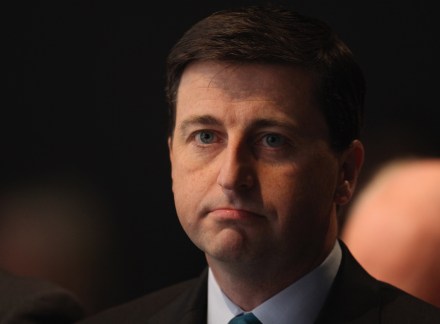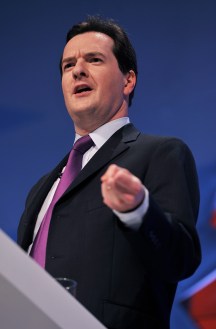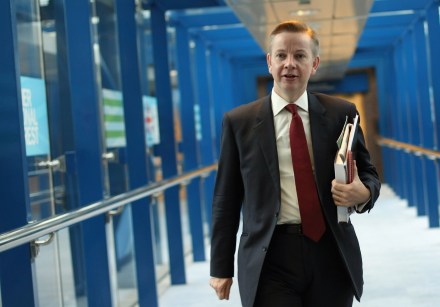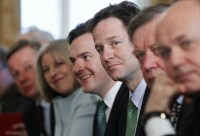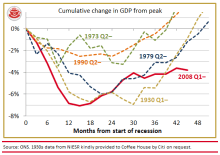Some numbers to encourage both halves of the coalition
Yesterday’s YouGov poll for the Sunday Times had a few interesting nuggets buried beneath the top line (Lab 40, Con 39, as it happens). Here are some of the most topical findings: 1) Clegg’s tax proposals are very popular. 83 per cent support the Lib Dems’ policy of increasing the personal allowance to £10,000. This might explain the 12-point jump in Nick Clegg’s net approval rating since last week. And there’s strong support for the ‘mansion tax’ that Vince Cable’s been pushing since 2009. 66 per cent back ‘a new tax upon people with houses worth more than £2 million’ — something Clegg called for again last week — and
